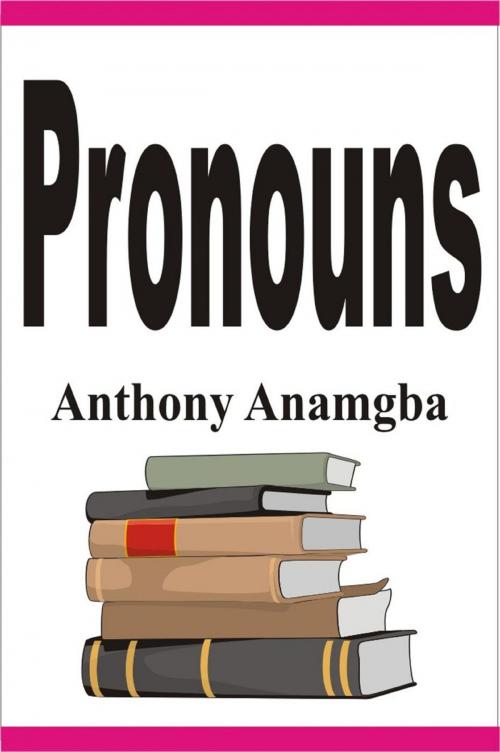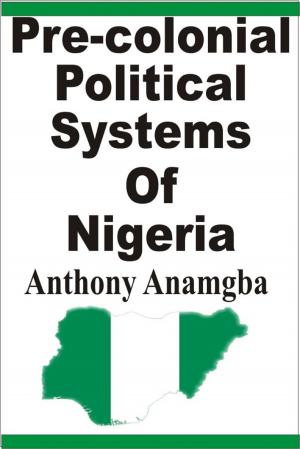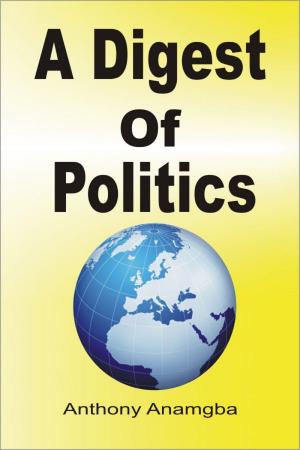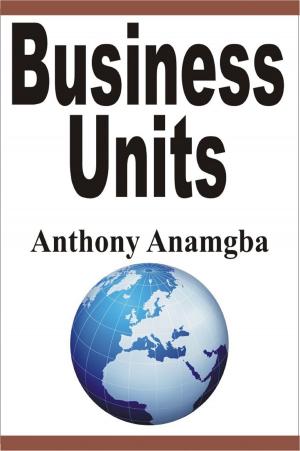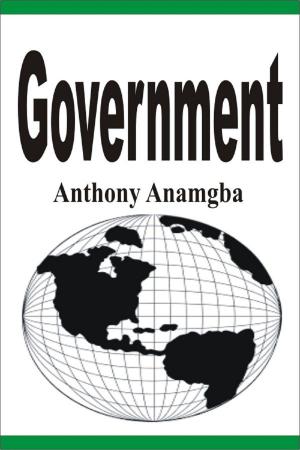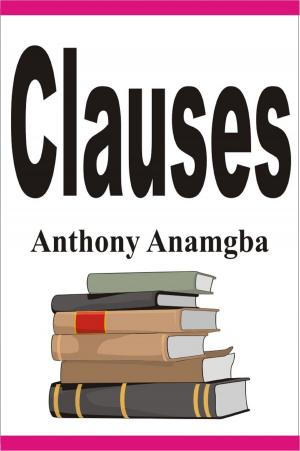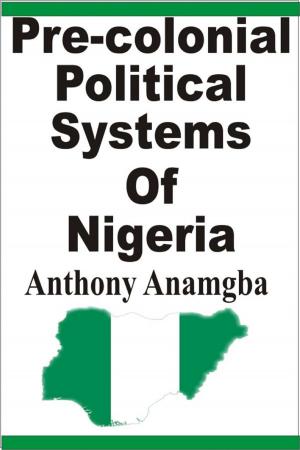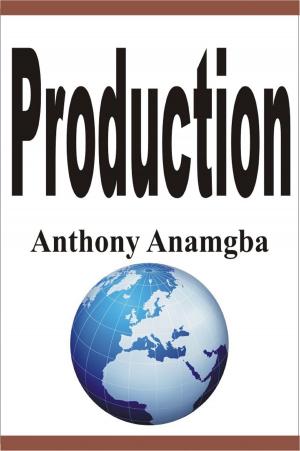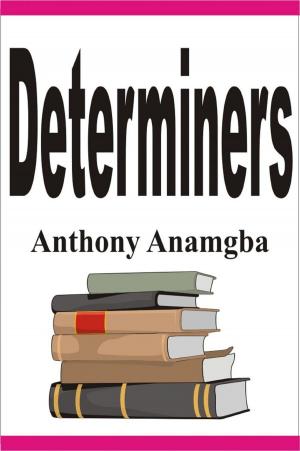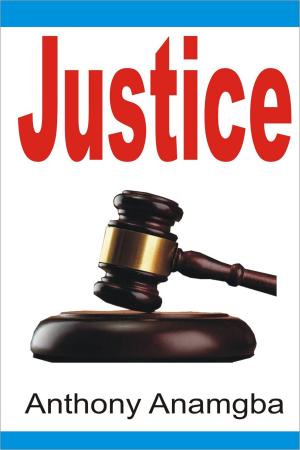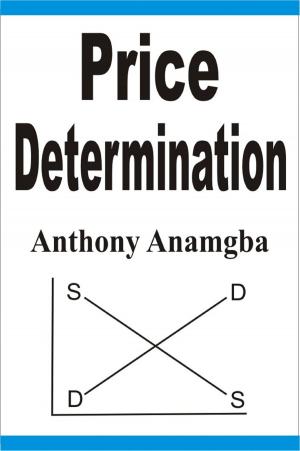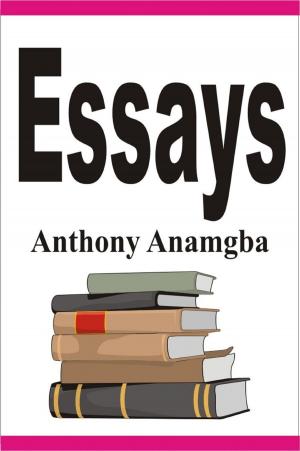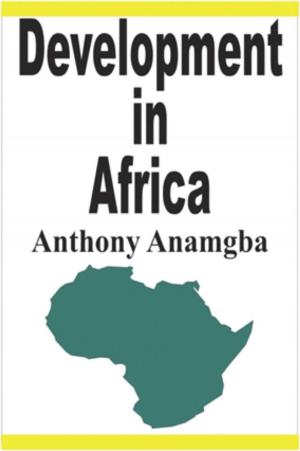| Author: | Anthony Anamgba | ISBN: | 9781386708865 |
| Publisher: | Anthony Anamgba | Publication: | March 25, 2017 |
| Imprint: | Language: | English |
| Author: | Anthony Anamgba |
| ISBN: | 9781386708865 |
| Publisher: | Anthony Anamgba |
| Publication: | March 25, 2017 |
| Imprint: | |
| Language: | English |
Pronoun is a word used instead of a noun to avoid repeating the same name in a sentence. Pronoun serves as a short form of a noun so that a noun that has already been mentioned is not repeated. Pronoun can function as a noun and sometimes takes the place of a noun.
It is in this lucid manner that this book will teach you pronouns.
It clearly explains the different types of pronouns. They include the personal pronouns, Possessive pronouns, reflexive pronouns, demonstrative pronouns, Interrogative pronouns, relative pronouns, indefinite pronouns and reciprocal pronouns.
It analyzes the personal pronouns. There are the subject pronoun and object pronoun. The subject pronouns are I, you, he, she, it, we, and they. The object pronouns are me, you, his, her, it, us, them, and one. It throws light on the three types of person. They are the first person, second person and third person.
It appraises the possessive pronouns. They are mine, ours, yours, his, hers, its, and theirs. Each possessive pronoun has its correspondence with a personal pronoun.
It examines the reflexive pronouns. They are myself, himself, herself, itself, and themselves. Each reflexive pronoun corresponds with a personal pronoun.
It identifies demonstrative pronouns. They include this, that, these, and those.
It evaluates the interrogative pronouns. They include who, which, how, why, and what.
It highlights the relative pronouns. They include who, what, that, whoever, whichever, whose, which, where, and wherever.
It discusses the indefinite pronouns. They include all, some, any, none or an unspecified person or thing like somebody and anything. anybody, both, each, everything, anything, nobody, anyone, someone , several, many, little, either, neither, nothing, and everybody.
It analyzes the reciprocal pronouns. There are two reciprocal pronouns. They are each other and one another.
It highlights the common mistakes in the use of pronouns. It throws light on the correct use of pronouns.
And it contains many crucial questions designed to enable you master how to use pronouns correctly.
Pronoun is a word used instead of a noun to avoid repeating the same name in a sentence. Pronoun serves as a short form of a noun so that a noun that has already been mentioned is not repeated. Pronoun can function as a noun and sometimes takes the place of a noun.
It is in this lucid manner that this book will teach you pronouns.
It clearly explains the different types of pronouns. They include the personal pronouns, Possessive pronouns, reflexive pronouns, demonstrative pronouns, Interrogative pronouns, relative pronouns, indefinite pronouns and reciprocal pronouns.
It analyzes the personal pronouns. There are the subject pronoun and object pronoun. The subject pronouns are I, you, he, she, it, we, and they. The object pronouns are me, you, his, her, it, us, them, and one. It throws light on the three types of person. They are the first person, second person and third person.
It appraises the possessive pronouns. They are mine, ours, yours, his, hers, its, and theirs. Each possessive pronoun has its correspondence with a personal pronoun.
It examines the reflexive pronouns. They are myself, himself, herself, itself, and themselves. Each reflexive pronoun corresponds with a personal pronoun.
It identifies demonstrative pronouns. They include this, that, these, and those.
It evaluates the interrogative pronouns. They include who, which, how, why, and what.
It highlights the relative pronouns. They include who, what, that, whoever, whichever, whose, which, where, and wherever.
It discusses the indefinite pronouns. They include all, some, any, none or an unspecified person or thing like somebody and anything. anybody, both, each, everything, anything, nobody, anyone, someone , several, many, little, either, neither, nothing, and everybody.
It analyzes the reciprocal pronouns. There are two reciprocal pronouns. They are each other and one another.
It highlights the common mistakes in the use of pronouns. It throws light on the correct use of pronouns.
And it contains many crucial questions designed to enable you master how to use pronouns correctly.
